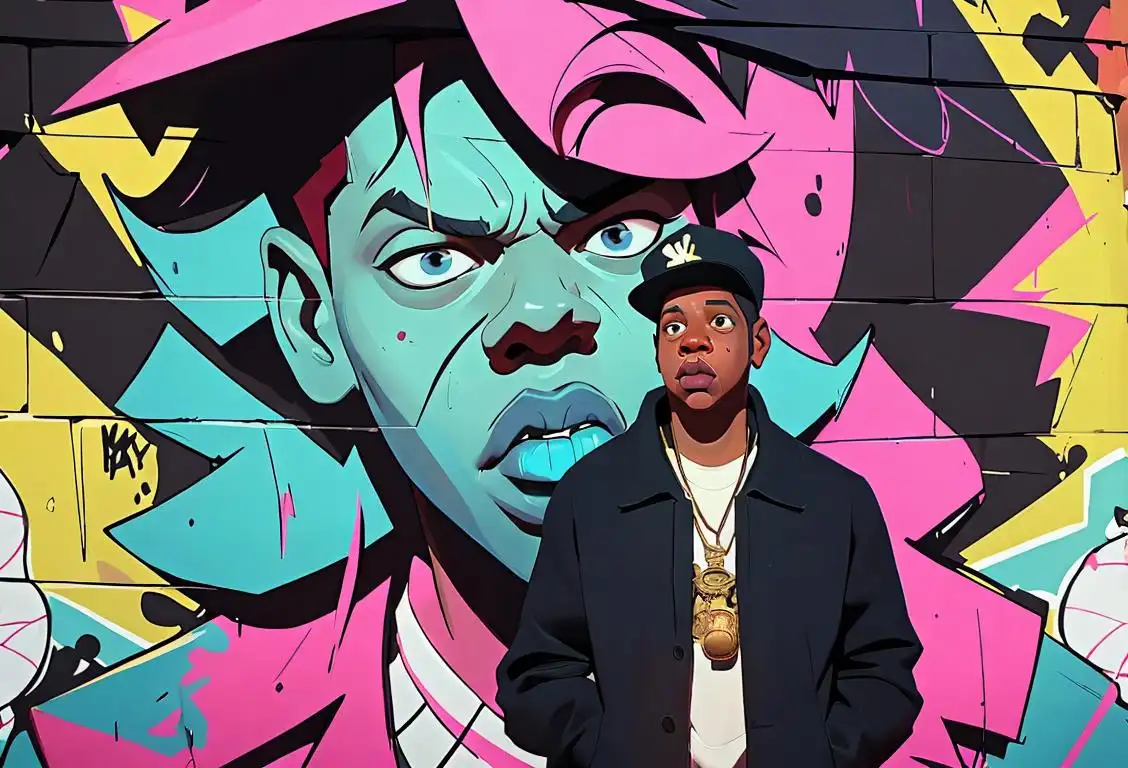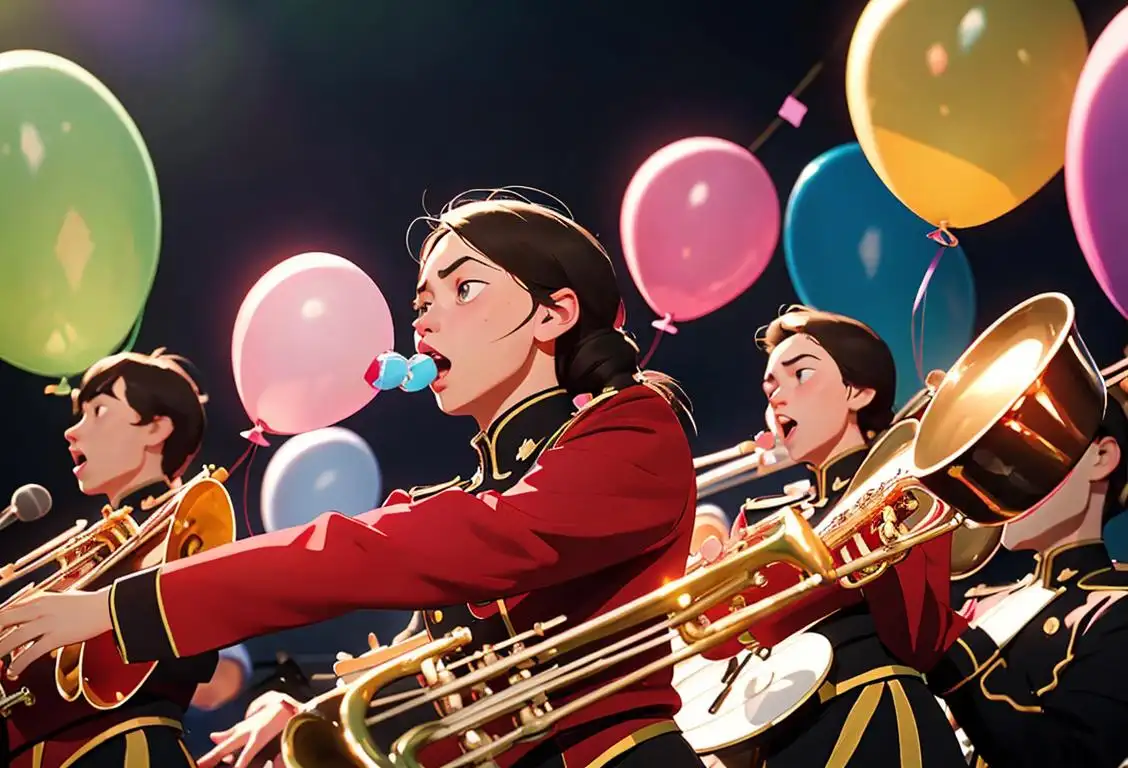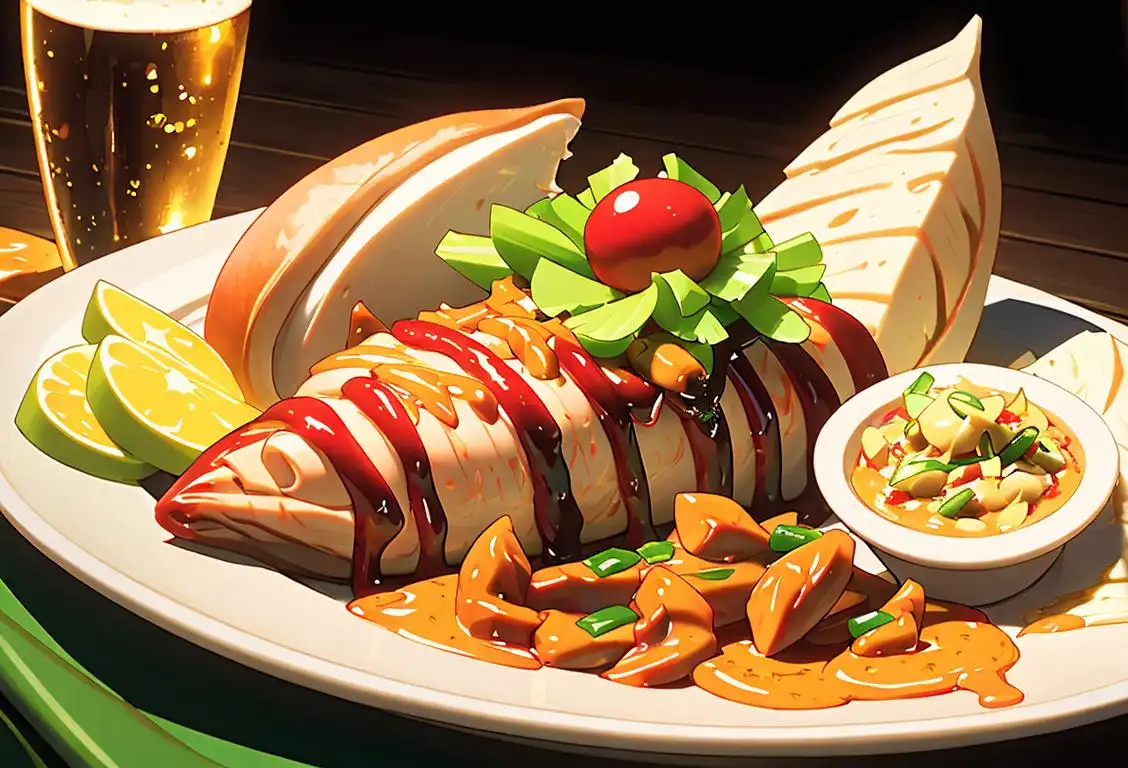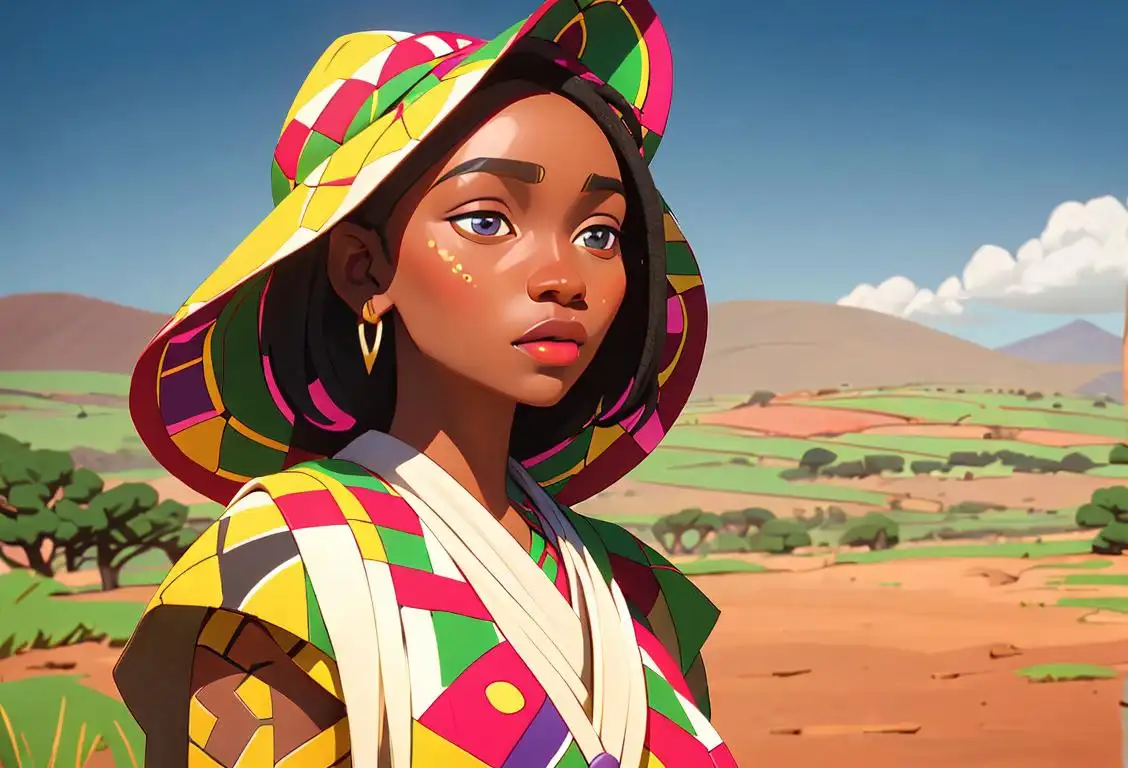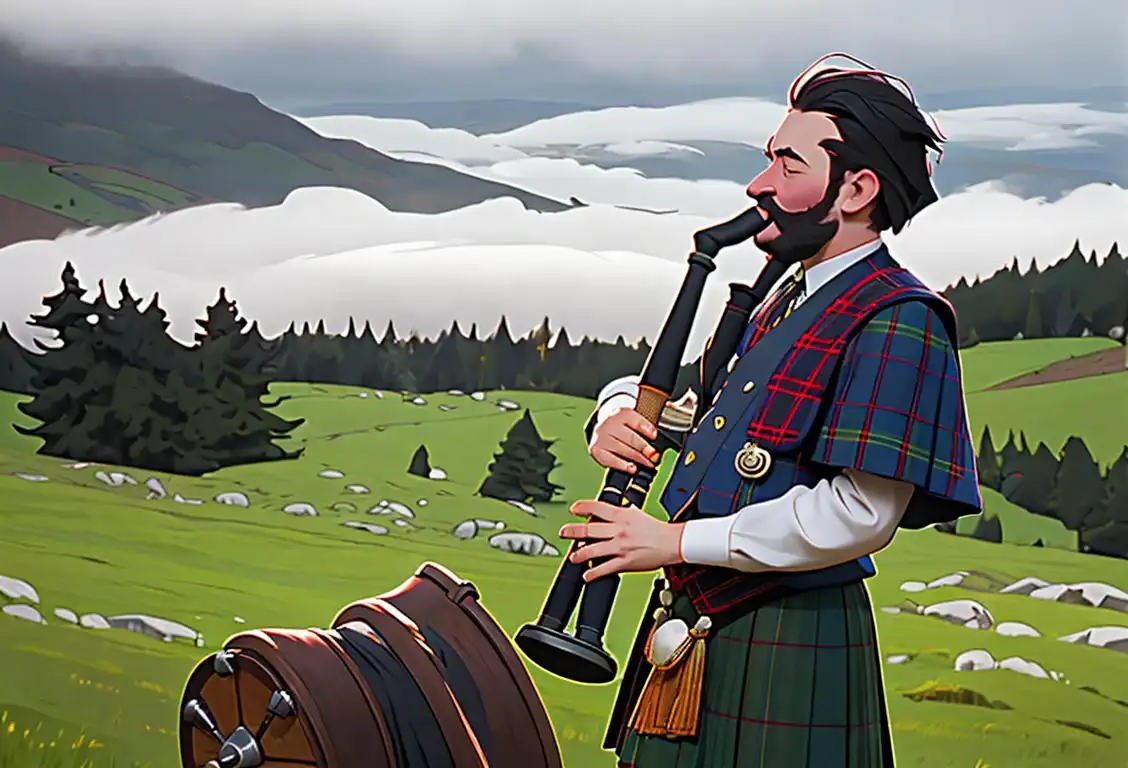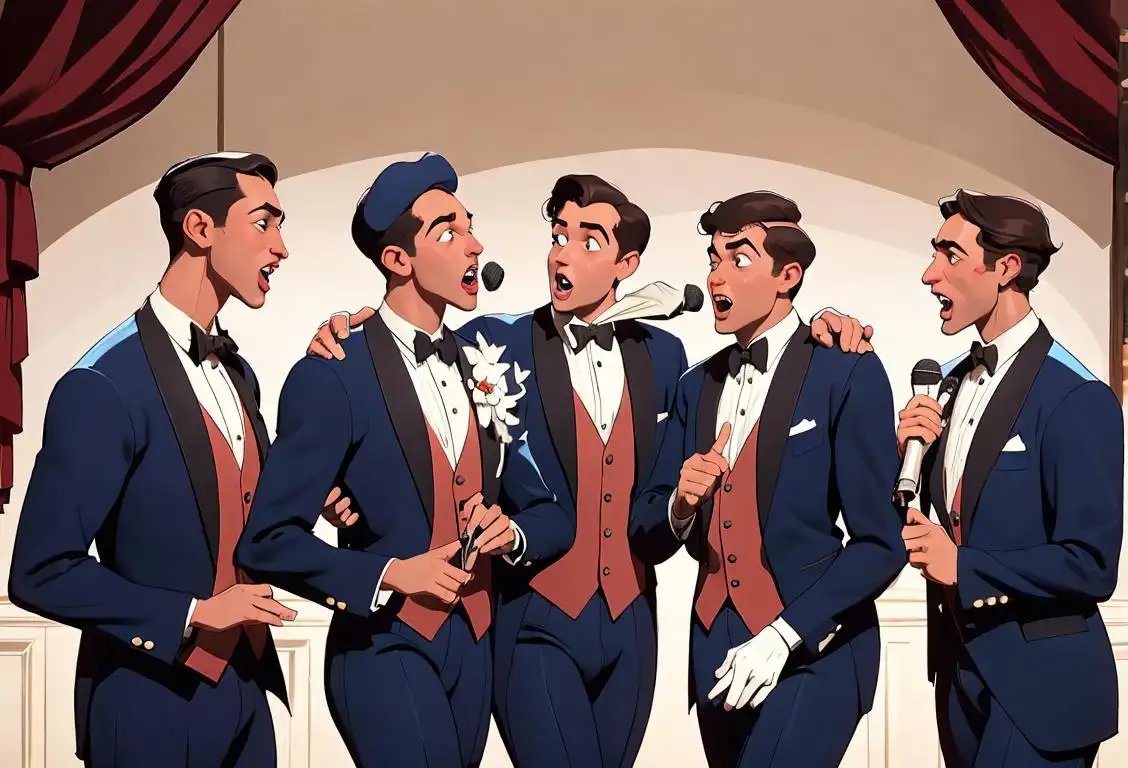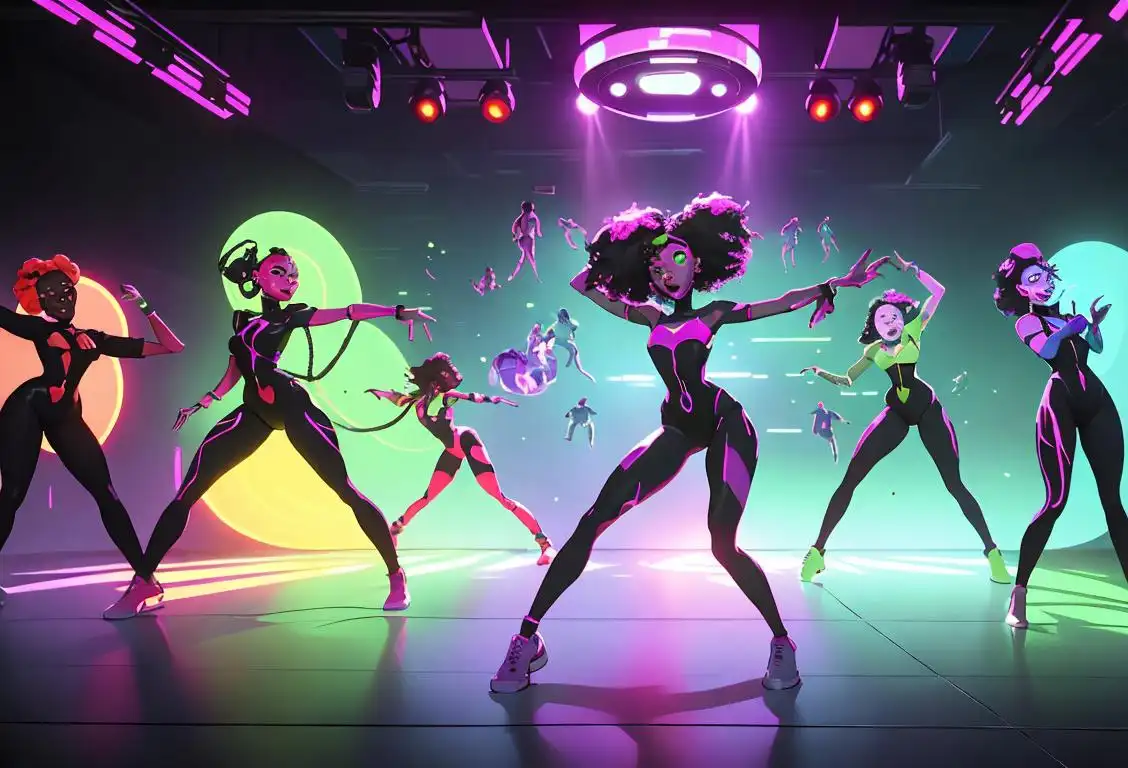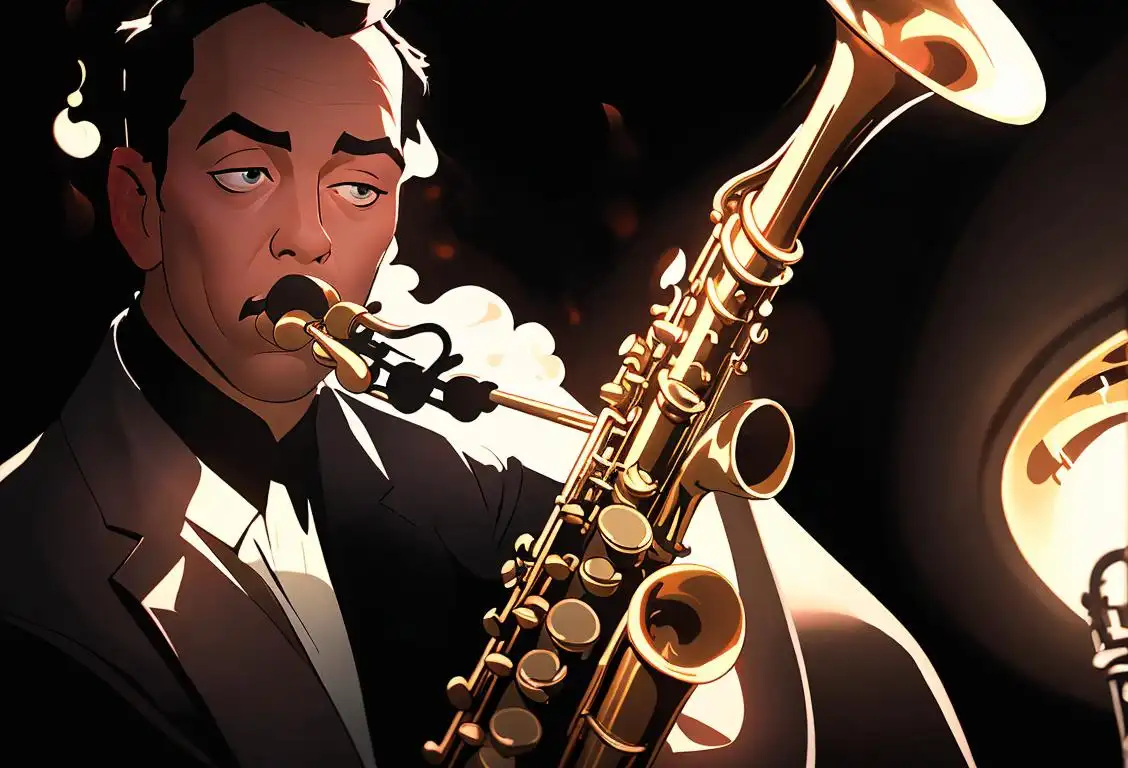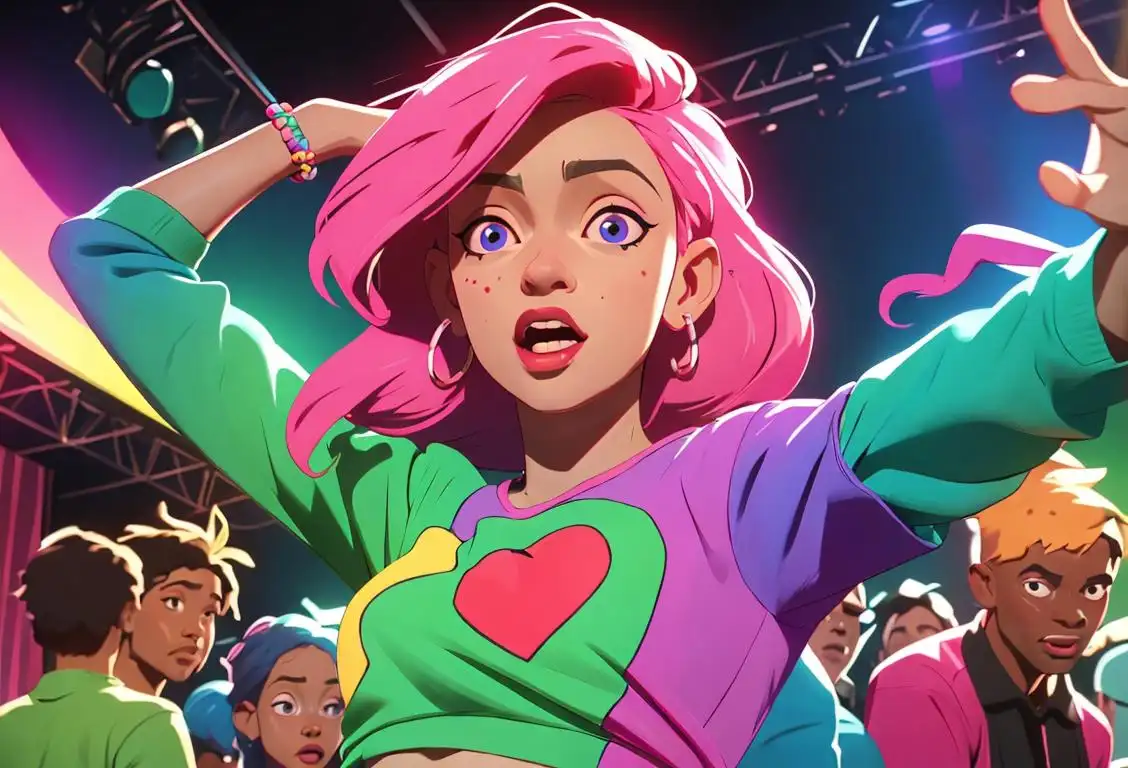National Reggae Day
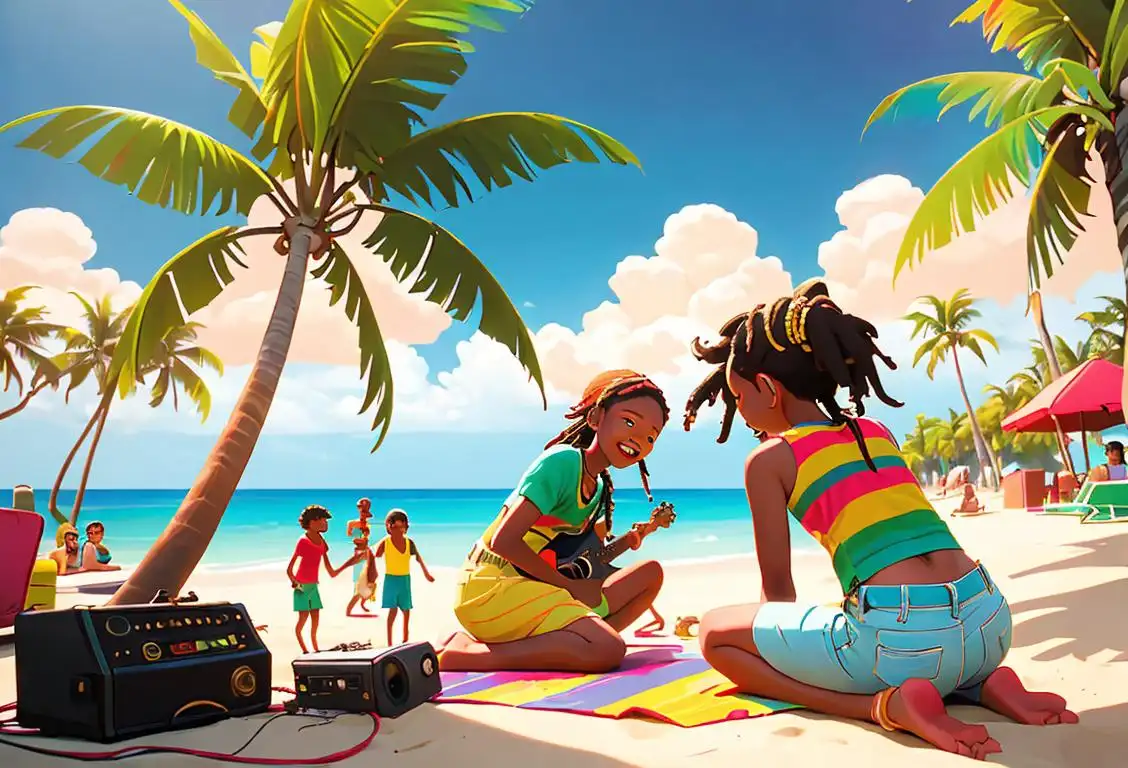
Welcome to the groovy world of National Reggae Day! Get ready to immerse yourself in the rich history and infectious rhythms of this beloved music genre. From the sunny beaches of Jamaica to global recognition, we'll take you on a journey through the roots and evolution of reggae. So grab your favorite Bob Marley album, put on your dancing shoes, and let's dive in!
When is Reggae Day?
It's national reggae day on the 1st July.
The Birth of Reggae: From Kingston to the World
Reggae, with its iconic rhythm and soul-stirring melodies, emerged in the late 1960s in the vibrant streets of Kingston, Jamaica. The genre's foundation can be traced back to mento, ska, and rocksteady music styles that were popular in the Caribbean during that time.
However, it was the ingenious fusion of these styles by Jamaican musicians like Bob Marley, Peter Tosh, and Bunny Wailer that birthed what we now know as reggae. With heartfelt lyrics that spoke truth to power and a distinctive beat that made you want to move, reggae quickly gained popularity not only in Jamaica but also around the world.
The Rise to Global Fame
Reggae skyrocketed to international fame in the 1970s thanks to the legendary Bob Marley and The Wailers. Marley's album 'Catch a Fire' introduced reggae to a wider audience, paving the way for its global recognition. Songs like 'One Love,' 'No Woman, No Cry,' and 'Jamming' became anthems of peace, love, and unity, resonating with people from all walks of life.
Reggae's infectious rhythms and powerful messages appealed to a diverse range of listeners, transcending borders and cultural barriers. It became an anthem for social movements, a symbol of hope and liberation. From Africa to Europe, reggae spread its wings and influenced countless musicians, making it one of the most influential music genres in modern history.
Celebrating National Reggae Day
On National Reggae Day, reggae enthusiasts around the world come together to celebrate the vibrant culture and positive vibes that this genre embodies. People organize concerts, dance parties, and cultural events to pay homage to the music's roots and its profound impact on society.
Whether you're a die-hard reggae fan or new to the genre, National Reggae Day is the perfect opportunity to explore the vast catalog of reggae music, learn about its history, and discover the artists who shaped its legacy. So put on your best Rasta colors, turn up the bass, and let the infectious grooves of reggae transport you to a world of love, peace, and good vibrations!
History behind the term 'Reggae'
1968
Birth of Ska
The origins of reggae can be traced back to the late 1960s in Jamaica. It all began with the birth of a musical genre called Ska. Ska was a lively and upbeat style of music influenced by various genres like jazz, mento, and rhythm and blues. It featured a prominent offbeat rhythm played by guitars, bass, drums, and horns. Ska quickly gained popularity in Jamaica and laid the foundation for future musical developments.
Late 1960s
The Slow Downbeat
As the 1960s progressed, Ska started to evolve. The tempo began to slow down, and the emphasis shifted towards a more relaxed downbeat rhythm. This transition gave birth to a new Jamaican music style known as Rocksteady. Rocksteady was characterized by its soulful and laid-back sound, focusing more on the vocal harmonies and intricate bass lines. This period set the stage for the emergence of reggae.
Late 1960s - Early 1970s
The Birth of Reggae
Out of the foundation laid by Ska and Rocksteady, reggae emerged as a distinct genre in the late 1960s and early 1970s. The term 'reggae' is believed to have originated from the Jamaican slang word 'rege-rege,' which means raggedy or rough. It was used to describe the guitar sound produced by the musicians, characterized by irregular or 'choppy' chords on the offbeat. With its syncopated rhythms, heavy basslines, and socially conscious lyrics, reggae captured the attention of both Jamaican and international audiences.
1972
Bob Marley and the Wailers' International Success
In 1972, Bob Marley and the Wailers released their album 'Catch a Fire,' which propelled reggae music to global recognition. Marley's powerful voice, along with his evocative lyrics that addressed social and political issues, resonated with people worldwide. Songs like 'No Woman, No Cry' and 'I Shot the Sheriff' solidified reggae's place in popular music and made Bob Marley an iconic figure of the genre.
Late 1970s - Early 1980s
Reggae's Influence on Global Music
During the late 1970s and early 1980s, reggae's influence on global music became more prominent. Artists from various countries incorporated elements of reggae into their sound, resulting in hybrid genres like reggae rock, reggae fusion, and reggae-pop. Bands such as The Police, UB40, and Inner Circle introduced reggae rhythms and instrumentation to mainstream audiences, further popularizing the genre and diversifying its musical landscape.
Present Day
Reggae's Enduring Legacy
Reggae's impact on the world of music has been long-lasting. Its infectious rhythms, meaningful lyrics, and laid-back vibes continue to resonate with people from all walks of life. Reggae festivals and events are held worldwide, celebrating the genre's cultural significance. Artists like Damian Marley, Shaggy, and Chronixx carry the reggae torch, keeping the spirit alive in the 21st century. Reggae remains more than just a genre; it represents the spirit of unity, struggle, and hope.
Did you know?
Did you know that the distinct sound of reggae is often attributed to the offbeat rhythm on the guitar, known as the 'skank'? It's what gives reggae its infectious groove and makes it impossible not to tap your feet!Tagged
celebration culture musicFirst identified
12th May 2015Most mentioned on
1st July 2015Total mentions
50Other days
Jay Z Day
Band Day
Louisiana Day
Xhosa Day
Reggae Day
Bagpipe Day
Barbershop Quartet Day
Dubstep Day
Jazz Day
Dub Day
